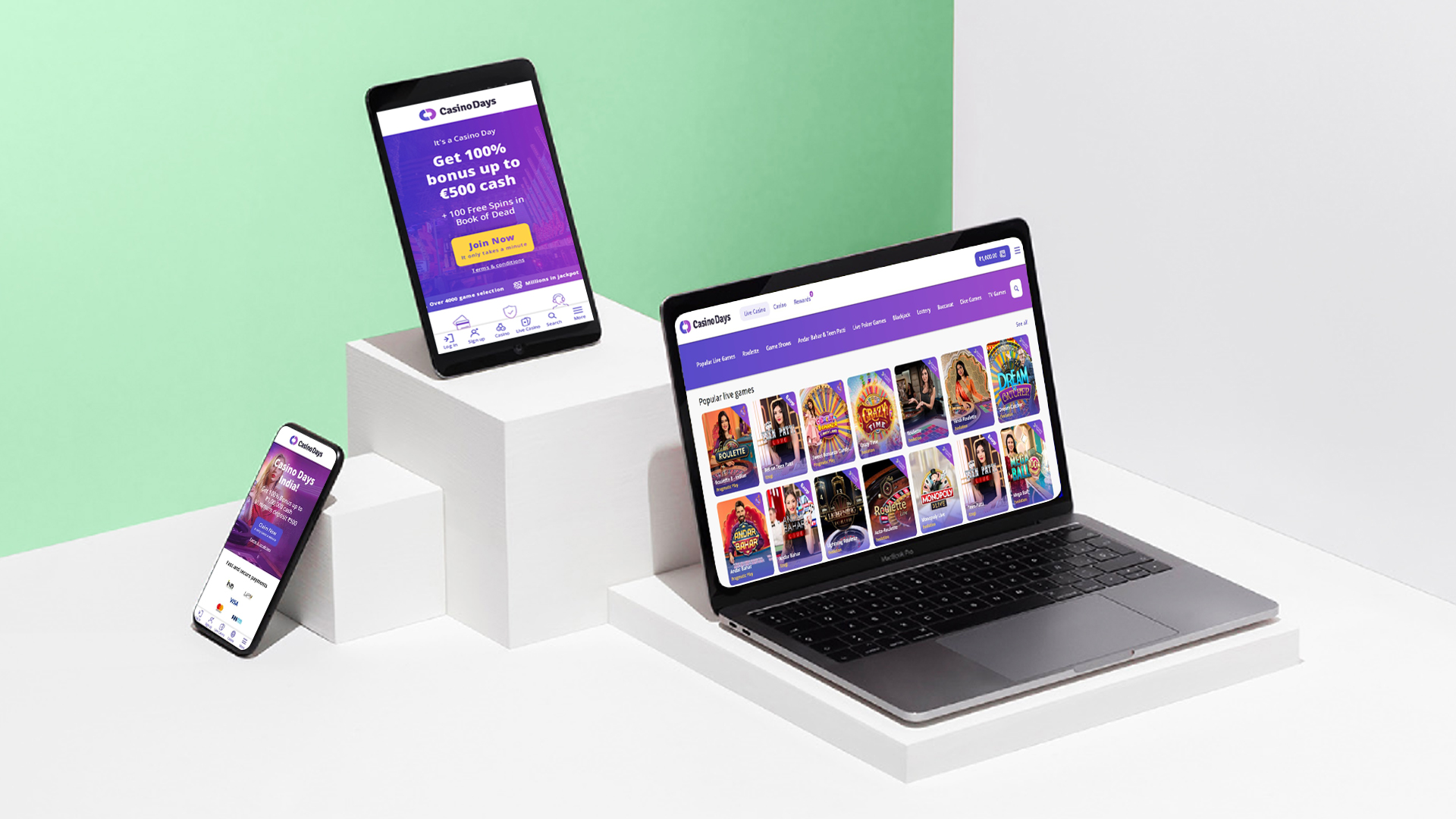Entertainment
Facebook ‘blocks’ adblockers
 New York: In a move seen in favour of publishers, social media giant Facebook on Tuesday introduced a technology by which the advertisements on the platform would bypass the adblockers on desktop browsers making it harder for people to avoid seeing them.
New York: In a move seen in favour of publishers, social media giant Facebook on Tuesday introduced a technology by which the advertisements on the platform would bypass the adblockers on desktop browsers making it harder for people to avoid seeing them.
The Menlo Park-headquartered company has also asked its users to identify which ads they do not like to allow the firm to collect in-depth information for marketers.
Facebook commissioned a research to investigate why 70 million Americans and nearly 200 million people worldwide use adblockers, Tech Crunch reported.
According to the report, the main reasons cited for using ad blockers include avoiding disruptive ads (69 per cent), ads that slow down their browsing experience (58 per cent) and security/malware risks (56 per cent).
“So Facebook thinks if its can make its ads non-interruptive, fast, and secure, people would not mind,” the report said.
“The rationale for the change is that part of the mission of the company is to create connections between people and businesses which adblockers prevent,” Facebook’s Vice President of ads Andrew Bosworth was quoted as saying.
“Ads on Facebook do not pay for Facebook for one person. They pay for a service that is free around the world. The participation of everyone really helps the global community,” Bosworth added.
Meanwhile, Adblock Plus, a leading adblocking company, responded to Facebook’s action.
In a blog post titled, “Oh well, looks like Facebook just got all anti-user”, the company said, “This is an unfortunate move, because it takes a dark path against user choice. But it’s also no reason to overreact: cat-and-mouse games in tech have been around as long as spammers have tried to circumvent spam filters.”
Bosworth said that the advertising industry needs to improve in the way ads are delivered.
“I don’t think adblockers are a very good solution. They specifically don’t serve publishers will, who deserve to be compensated for their content. But they don’t serve customers well either,” he said.
The adblockers take money for showing ads, which mean they don’t have the consumers’ best interest in mind,” he noted.
Entertainment
Casino Days Reveal Internal Data on Most Popular Smartphones

International online casino Casino Days has published a report sharing their internal data on what types and brands of devices are used to play on the platform by users from the South Asian region.
Such aggregate data analyses allow the operator to optimise their website for the brands and models of devices people are actually using.
The insights gained through the research also help Casino Days tailor their services based on the better understanding of their clients and their needs.
Desktops and Tablets Lose the Battle vs Mobile
The primary data samples analysed by Casino Days reveal that mobile connections dominate the market in South Asia and are responsible for a whopping 96.6% of gaming sessions, while computers and tablets have negligible shares of 2.9% and 0.5% respectively.
The authors of the study point out that historically, playing online casino was exclusively done on computers, and attribute thе major shift to mobile that has unfolded over time to the wide spread of cheaper smartphones and mobile data plans in South Asia.
“Some of the reasons behind this massive difference in device type are affordability, technical advantages, as well as cheaper and more obtainable internet plans for mobiles than those for computers,” the researchers comment.
Xiaomi and Vivo Outperform Samsung, Apple Way Down in Rankings
Chinese brands Xiaomi and Vivo were used by 21.9% and 20.79% of Casino Days players from South Asia respectively, and together with the positioned in third place with a 18.1% share South Korean brand Samsung dominate the market among real money gamers in the region.
Cupertino, California-based Apple is way down in seventh with a user share of just 2.29%, overshadowed by Chinese brands Realme (11.43%), OPPO (11.23%), and OnePlus (4.07%).
Huawei is at the very bottom of the chart with a tiny share just below the single percent mark, trailing behind mobile devices by Motorola, Google, and Infinix.
The data on actual phone usage provided by Casino Days, even though limited to the gaming parts of the population of South Asia, paints a different picture from global statistics on smartphone shipments by vendors.
Apple and Samsung have been sharing the worldwide lead for over a decade, while current regional leader Xiaomi secured their third position globally just a couple of years ago.
Striking Android Dominance among South Asian Real Money Gaming Communities
The shifted market share patterns of the world’s top smartphone brands in South Asia observed by the Casino Days research paper reveal a striking dominance of Android devices at the expense of iOS-powered phones.
On the global level, Android enjoys a comfortable lead with a sizable 68.79% share which grows to nearly 79% when we look at the whole continent of Asia. The data on South Asian real money gaming communities suggests that Android’s dominance grows even higher and is north of the 90% mark.
Among the major factors behind these figures, the authors of the study point to the relative affordability of and greater availability of Android devices in the region, especially when manufactured locally in countries like India and Vietnam.
“And, with influencers and tech reviews putting emphasis on Android devices, the choice of mobile phone brand and OS becomes easy; Android has a much wider range of products and caters to the Asian online casino market in ways that Apple can’t due to technical limitations,” the researchers add.
The far better integration achieved by Google Pay compared to its counterpart Apple Pay has also played a crucial role in shaping the existing smartphone market trends.
Content provided by Adverloom

























